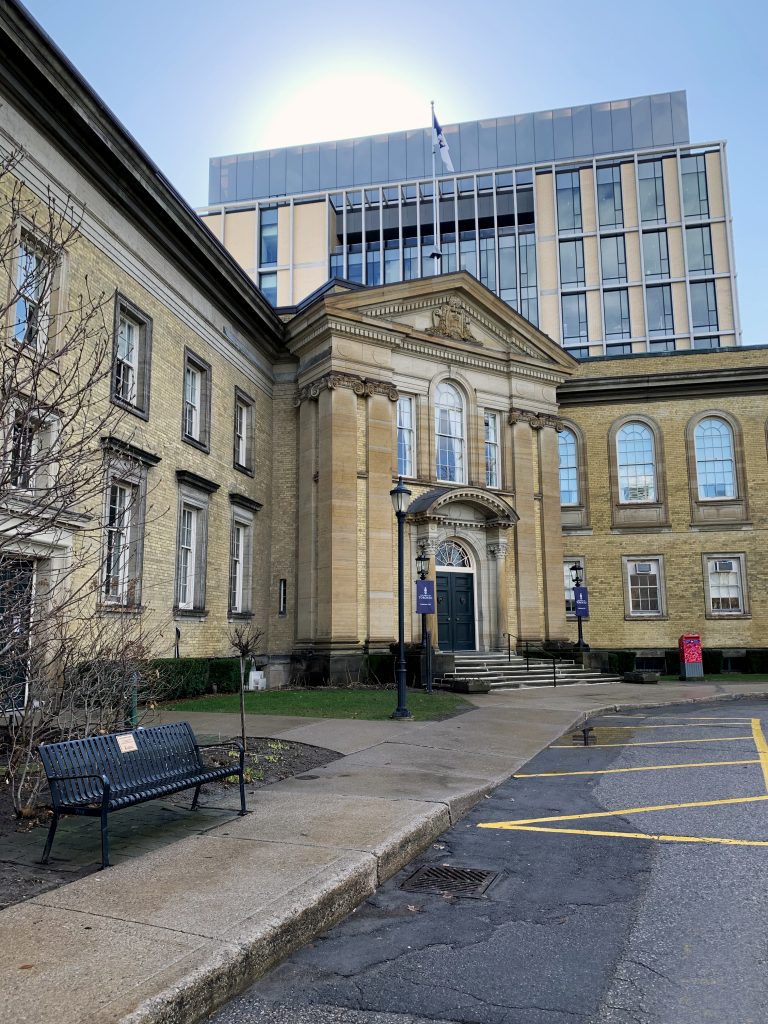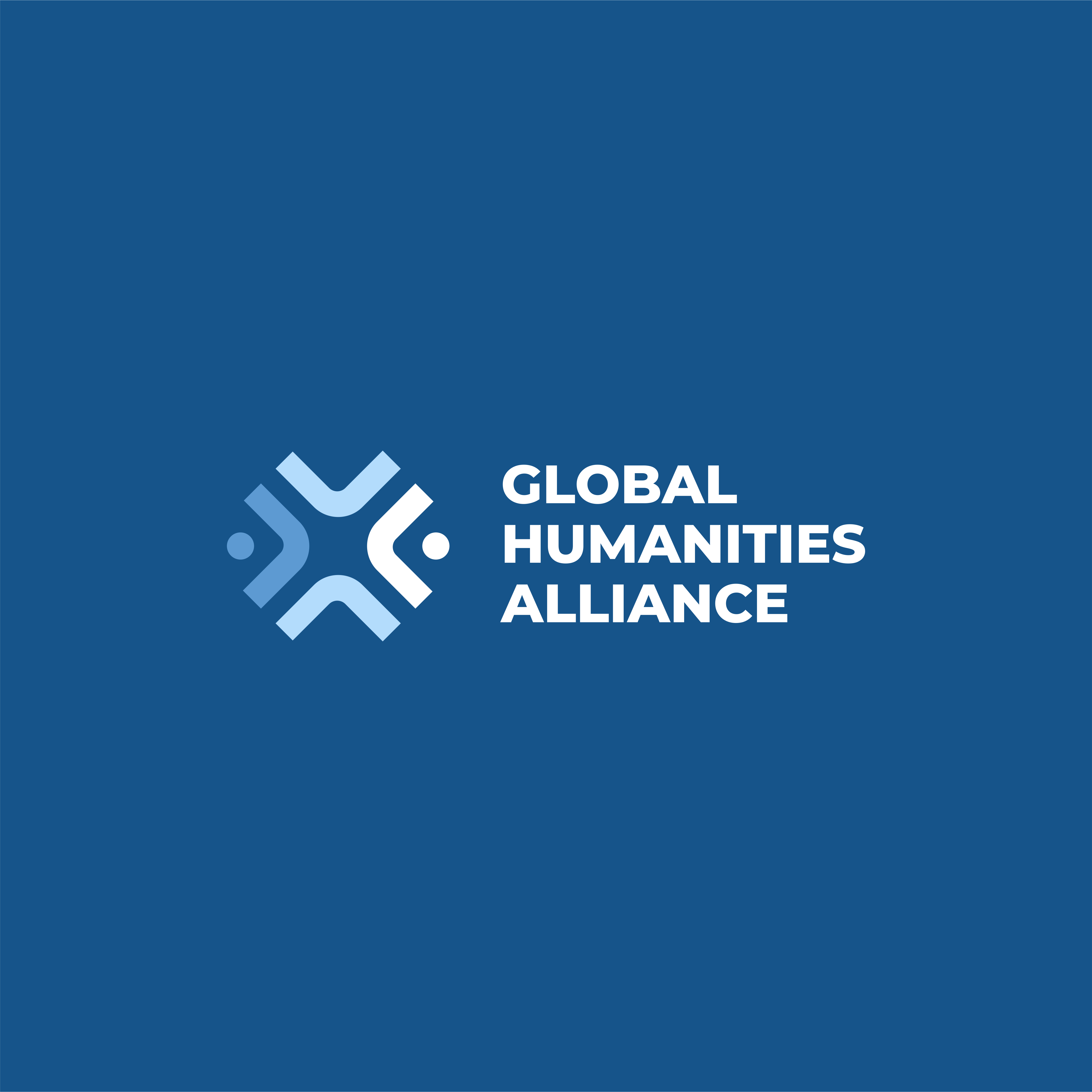
Alliances
Universities are vital global actors and U of T has a distinct responsibility to develop solutions for the many pressing challenges we face. U of T’s commitment includes leadership in global networks and multilateral fora where we together generate new ideas and solutions to global issues and work with other like-minded institutions to ensure a more equitable and sustainable future.
Our Leading Role in U7+
The U7+ Alliance is an international alliance of university presidents who engage in both best practice sharing and concrete commitment to action on behalf of member universities to address the most pressing global challenges. It is the very first alliance of university presidents aimed at structuring and advancing their role as global actors across the multilateral agenda.
In the context of this alliance, university presidents take stock of their unique civic and social responsibility as global actors and pledge to take concrete action within their institutions for a local, regional and global impact. The members of the U7+ Alliance have agreed to meet yearly for an annual summit to discuss a common agenda and establish a space for universities’ action in today’s global landscape.
In 2023, U of T President Meric Gertler, who chairs the Alliance, presented the U7+ Tokyo Statement on Peace and Security to His Excellency Fumio Kishida, Prime Minister of Japan, calling on G7 countries to leverage the power of education and research in the global mission to advance peace and security. The president was among more than 75 university presidents and senior leaders from 16 countries who convened, in person and online, at Keio University in Tokyo for the U7+ Alliance of World Universities Presidential Summit.


Africa Health Collaborative
Since 2021, the U of T has partnered with the Mastercard Foundation and eight leading African institutions to form the Africa Health Collaborative. The partner institutions include Amref Health International, Addis Ababa University (AAU), African Leadership University (ALU), African Institute for Mathematical Sciences (AIMS), Ashesi University, Kwame Nkrumah University of Science & Technology (KNUST), Moi University, and the University of Cape Town (UCT). The shared vision of the Africa Health Collaborative is to prepare diverse youth for the meaningful work of transforming health and well-being in Africa through contextually appropriate and sustainable primary healthcare systems.
Over ten years, the Health Collaborative will develop a suite of programs that focuses on building and strengthening the capacity of healthcare students and professionals to meet the growing demand for primary health care (PHC); optimizing African entrepreneurial ecosystems to support young people in launching and scaling health startups and creating jobs; and enabling students to acquire advanced skills across a broad range of disciplines critical for sustainable development and growth in health sectors.
The Great Lakes Consortium
In October 2020, the binational Great Lakes Higher Education Consortium was launched by the University of Illinois System, U of T, and the Council of the Great Lakes Region (CGLR). The Consortium also includes University of Wisconsin and Queen’s University.
With support from the United States Consulate in Canada the Consortium created a public-private sector fund managed by CGLR to help build more regular, impactful, cross-border collaborations amongst Great Lakes institutions. Recent activities include funding two projects focused on improving sustainability in the Great Lakes and the design and implementation of integrative green/blue infrastructure specific to the Great Lakes Basin.


Global Humanities Alliance
In October 2024, the Global Humanities Alliance (GHA) was launched. The GHA aims to raise the profile, and the social and political impact, of the humanities and social sciences through research and teaching that addresses key global issues. Founding members include the University of Toronto, Ashoka University, Mahidol University, Pontificia Universidad Católica de Chile, Universitas Gadjah Mada, University of Manchester, University of Melbourne, and University of Nairobi.
The GHA is working towards a range of joint research and global classrooms initiatives. These initiatives are being coordinated by working groups focusing on four core themes: public humanities, sustainability and climate change, decolonising knowledge, and digital transformations. In addition, members are working on plans for enhanced staff mobility between alliance members through a program of visiting fellowships.